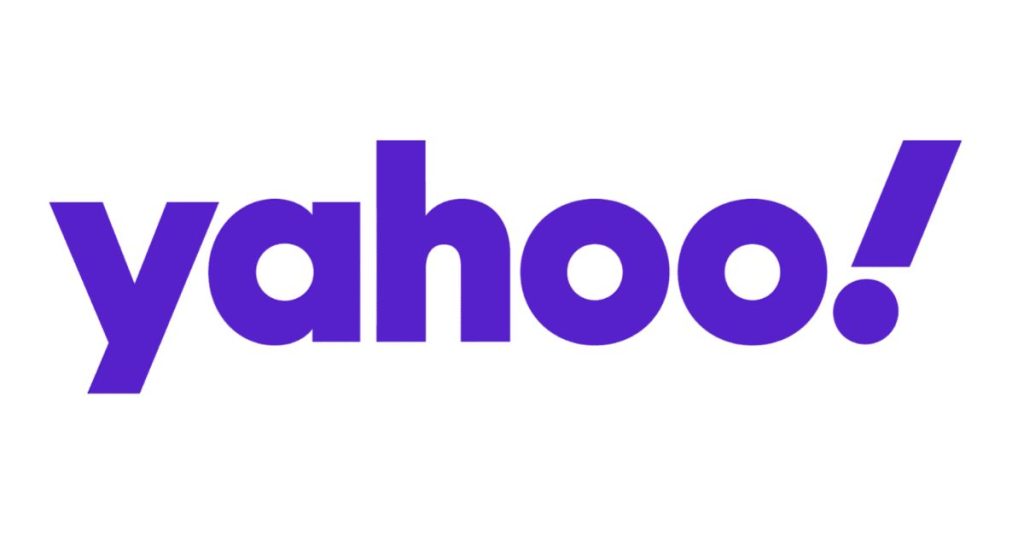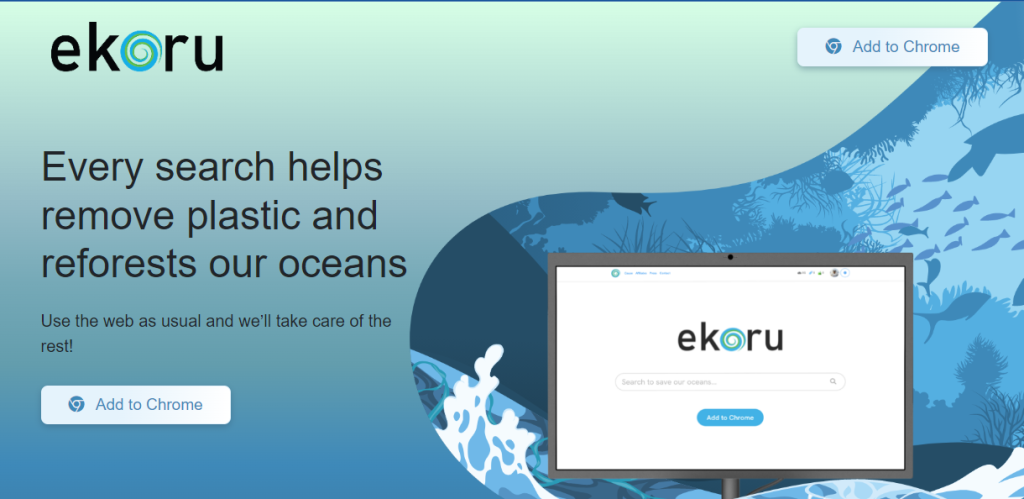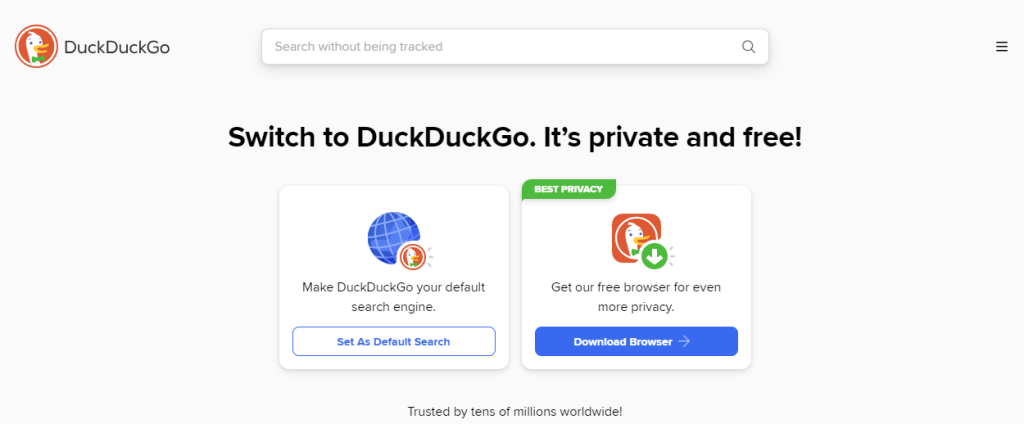If you’re tired of the changing policies and data breaches at Google, here are some alternative search engines that you can use that range in their approaches to privacy, access, and mission.
Search Engines Besides Google
Bing
This is the second-largest search platform behind Google in the United States. While many of Bing’s features are the same and this comes as a positive, unfortunately many aspects of their privacy policy are similar as well. Be aware that Microsoft harvests data from product interaction and if you have a problem with it, perhaps explore one of the following search engines instead.

Yahoo
America’s third-largest search engine is powered by Bing and also collects personal data, so be aware, especially that they are permitted to share this data with their parent company, Verizon. Yahoo is regarded as the go-to search engine for Sports and Finance.

Baidu
Though not a global search engine, Baidu is the top search engine in China, accounting for 72% of the online searches in the country. Its algorithms are optimized for the Chinese language and is ideal for those who have a Chinese target audience. Having said that, users must comply with China’s laws, particularly those regarding censorship.
Ekoru
This is the ideal alternative search engine for those with both privacy concerns and care for the environment. Ekoru allocates money derived from every inquiry to the Big Blue Ocean Cleanup and Operation Posidonia. Their servers also draw their power from hydroelectricity. All data is encrypted and never stored, which is ideal for those seeking privacy.

CrunchBase
CrunchBase is ideal for market research, allowing you to track industry trends. Be aware that there are tiered service levels beginning at $29.99 per month. Some of the things you can glean about companies and businesses through Crunchbase are contact info. Relevant visual media, and who they are associated with politically and financially.

Pinterest is a search engine primarily for visual media, ranging from art photography and celebrity images to recipe blog photos and architectural wonders. The images link to various online content, including many blogs that can further research into the desired topic.

GIPHY
This .gif search engine is a database of over 10 billion .gifs from visual media, including television, film, and social media websites, including youtube and TikTok. GIF use has been proven to boost traffic to sites and raise engagement through an increase in entertainment value. Creating your own .gif and posting it to the site is also a great method of publicity for a brand or small business.

OneSearch
Another search engine associated with the parent company Verizon. OneSearch was made to emphasize privacy after some major backlash regarding Google’s use and sale of customer data. This search engine has six privacy-protecting aspects, including keyword encryption and no cookies, search history, user tracking, or filtered results.
Duck Duck Go
Considered to be the “anti-Google” search engine. Duck Duck Go is another site that touts its concern for privacy with no search history, cookies, or data storing. However, it should be noted that United States-based search engines are all part of an international alliance that makes data accessible in certain circumstances.



